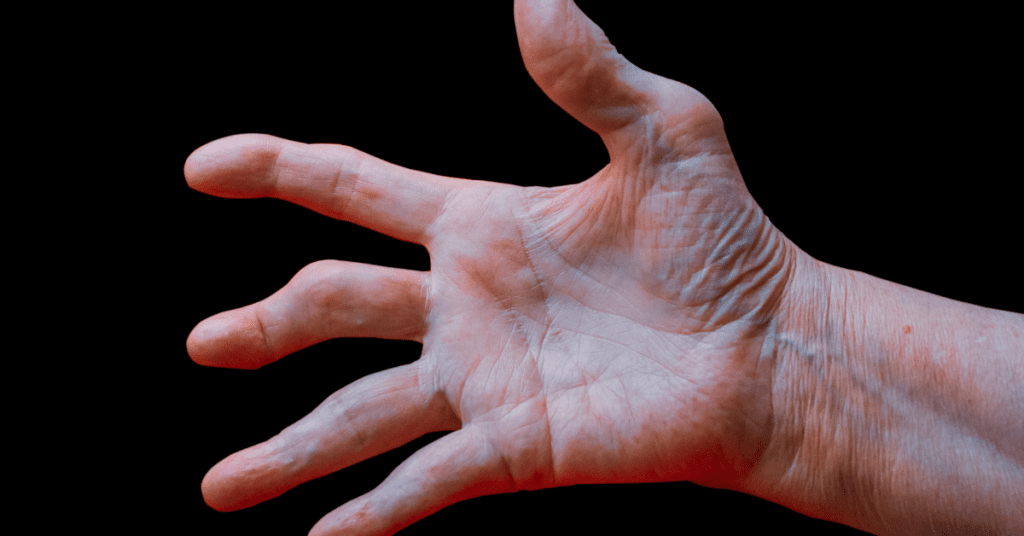
Rheumatoid arthritis (RA) is a chronic autoimmune disease that causes inflammation in the joints and can lead to long-term joint damage and disability. While the exact cause of RA is still unknown, several risk factors can increase the likelihood of developing this condition. Let us discuss some of the common risk factors associated with RA.
RA can affect different parts of the body, not just the joints. This can lead to a range of complications that can affect overall health and quality of life. Some common complications of RA include inflammation of the eyes, lung problems, cardiovascular disease, anemia, and osteoporosis.
Risk Factors of Rheumatoid Arthritis
Several risk factors can increase the likelihood of developing RA. They include:
- Genetics: A family history of RA can increase the risk of developing the condition.
- Age and Gender: RA is more common in women than men, and it usually develops between the ages of 40 and 60.
- Smoking: Smoking can increase the risk of developing RA and can also worsen the symptoms.
- Obesity: Being overweight or obese can increase the risk of developing RA, especially in women.
- Environmental factors: Exposure to certain environmental factors, such as air pollution and pesticides, may increase the risk of developing RA.
In Ayurveda, the risk factors or causes of RA can be slightly different from the ones mentioned above. They are:
- Intake of Fatty/High-Caloric Food: If fatty or high-caloric food or excess oily food or junk food is consumed followed by exercise immediately, the chances of RA developing are high.
- Sedentary/Inactive Lifestyle: Being inactive throughout the day by only sitting or lying down, can lead to Rheumatoid arthritis.
- Intake of Incompatible Foods: People with low metabolism who consume incompatible food or bad combination food like milk cannot be consumed with sour fruits or melons, tend to have increased chances of experiencing RA.
Types of Rheumatoid Arthritis
RA can present in different ways, with some people experiencing more severe symptoms than others. There are three types of RA: seropositive RA, seronegative RA, and undifferentiated arthritis. Seropositive RA is the most common type and is characterized by the presence of rheumatoid factor antibodies in the blood. Seronegative RA, on the other hand, does not show the presence of these antibodies in the blood.
4 Stages of Rheumatoid Arthritis

RA is a progressive disease that develops over time and can be classified into four stages based on the severity of symptoms and joint damage.
Stage 1: Inflammation and swelling of the joint lining.
Stage 2: Noticeable loss of cartilage and bone in the joint.
Stage 3: Significant joint damage,
Stage 4: Joint is severely damaged with loss of joint function.
In conclusion, while the exact cause of RA is still unknown, the several risk factors mentioned above are associated with this condition. Early detection and treatment can help manage the symptoms and slow down joint damage. AyurVAID’s experienced doctors and therapists create customized treatment plans to suit an individual’s needs and help manage RA effectively.






